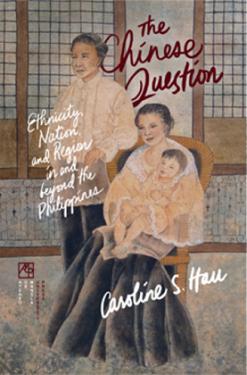
The rising strength of mainland China has spurred a revival of Chineseness in the Philippines. Perceived during the Cold War era as economically dominant, politically disloyal, and culturally different, the Chinese presented themselves as an integral part of the Filipino imagined community. Today, as Filipinos seek associations with China, many of them see the local Chinese community as key players in East Asian regional economic development.
With the revaluing of Chineseness has come a repositioning of Chinese racial and cultural identity. Philippine mestizos (people of mixed ancestry) form an important sub-group of the Filipino elite, but their Chineseness was occluded as they disappeared into the emergent Filipino nation. In the twentieth century, mestizos defined themselves and bases claims to privilege on white ancestry, but mestizos are now actively reclaiming their Chinese heritage. At the same time, so-called pure Chinese are parlaying their connections into cultural, social, symbolic, or economic capital, and leaders of mainland Chinese state companies have entered into politico-business alliances with the Filipino national elite. As the meanings of Chinese and Filipinos evolve, intractable contradictions are appearing in the concepts of citizenship and national belonging.
Through an examination of cinematic and literary works, The Chinese Question shows how race, class, ideology, nationality, territory, sovereignty, and mobility are shaping the discourses of national integration, regional identification, and global cosmopolitanism.
Published in 2014.




